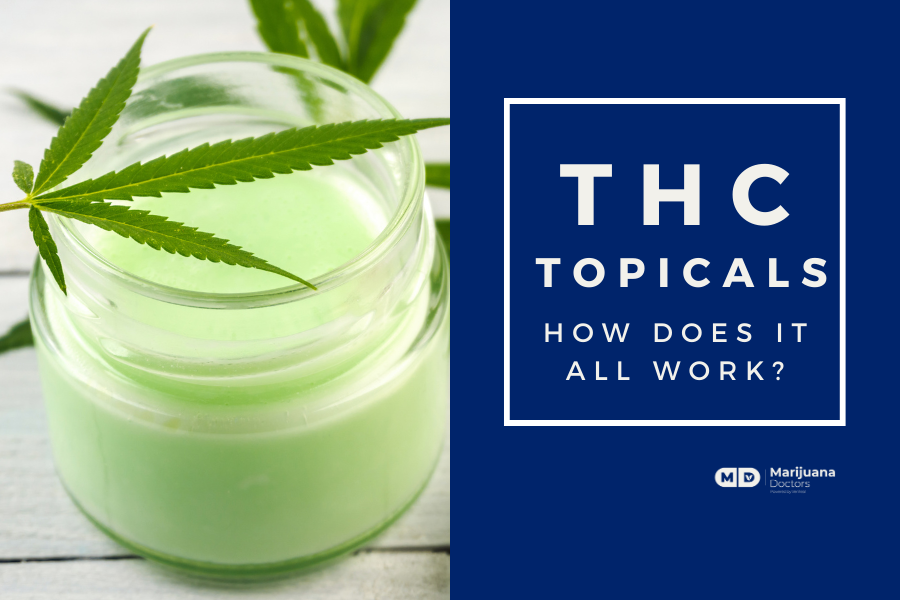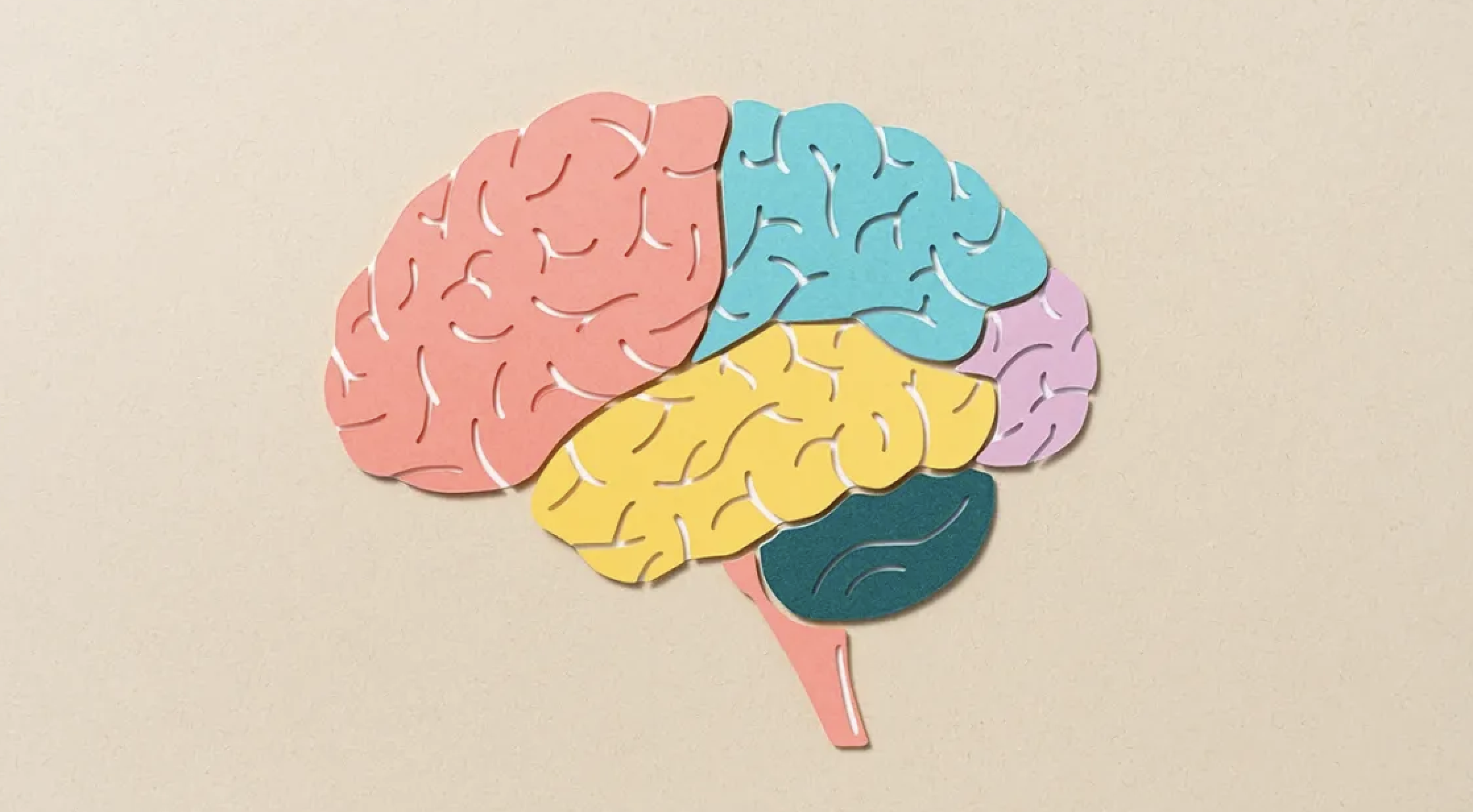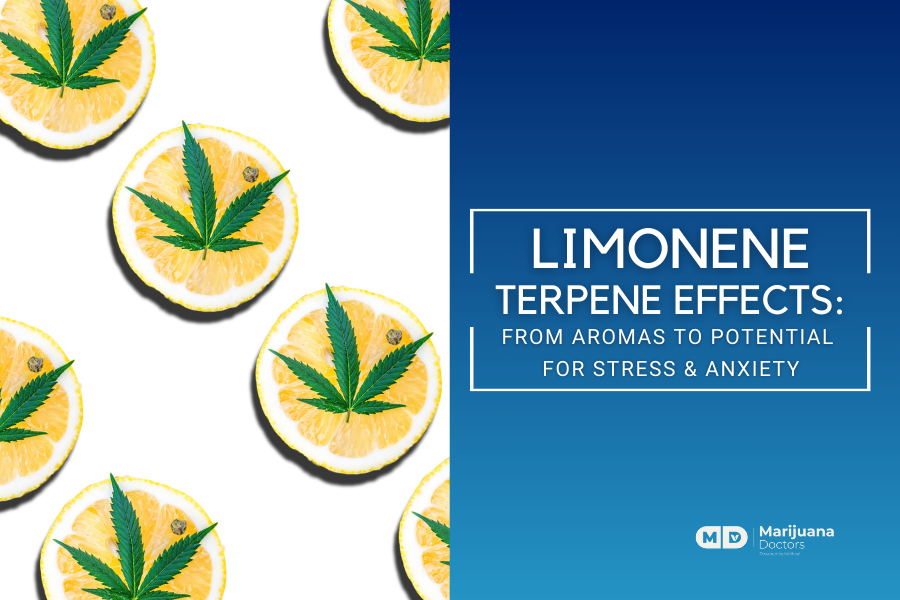For many individuals struggling with anxiety, posttraumatic stress disorder (PTSD), or chronic pain, the search for effective treatment can be a long and difficult journey. Doctors across the United States most often approve medical marijuana cards for patients with these conditions.
Can I Get a Medical Marijuana Card for Anxiety, PTSD, or Chronic Pain in My State?
The ability to get a medical marijuana card for anxiety, PTSD, or chronic pain is entirely dependent on the specific laws of your state. In many places, a government-regulated program provides a specific, pre-approved list of qualifying conditions. If your condition is on that list, you may be eligible.
To know if you can get a card in your state, start by searching online for your state, provincial, or national health department’s website. Look for a section on “medical cannabis program,” “medical marijuana registry,” or “cannabis laws.” Many of these sites provide a clear list of qualifying conditions and the necessary application forms.
In some regions, a physician has the discretion to recommend medical cannabis for any condition they believe it may help. A key requirement in almost all programs is a recommendation or certification from a licensed doctor or specialist. Some physicians specialize in medical cannabis and can provide a streamlined process.
Is Anxiety a Qualifying Condition for Medical Marijuana?
Based on growing evidence supported by clinical research and patient data, medical marijuana has been recognized as a qualifying therapeutic option for conditions like anxiety. This acceptance is based on how cannabis compounds, primarily cannabidiol (CBD), interact with the brain’s anxiety and fear-related regulatory systems. Cannabigerol is also gaining significant research traction for anxiety without the high, too.
CBD and CBG work by targeting key receptors and organs in the body, which may help to modulate mood and reduce triggers that might induce anxiety in the body. Although CBD is the main anxiolytic (anxiety-calming) compound in cannabis, CBG is a rising star, and low doses of tetrahydrocannabidiol (THC) also play a role by offering a mild sense of euphoria and relaxation. However, it is a well-established fact that higher doses of THC may lead to increased paranoia and anxiety. This means that treatment for anxiety with cannabis is most likely to be successful with CBD or CBG-dominant products
For example, a study on young Japanese teenagers with social anxiety disorder (SAD) found that a four-week course of CBD significantly reduced their symptoms. Researchers gave 18- and 19-year-olds with social anxiety either a daily dose of CBD oil or a placebo (a fake oil). The study was “double-blind,” meaning neither the participants nor the researchers knew who was receiving the real treatment, which is a standard method to ensure unbiased results.
After four weeks, the teenagers who took the CBD oil showed a significant decrease in their anxiety symptoms, as measured by standard psychological tests, compared to the group that received the placebo.
There are actually many clinical and preclinical studies on CBD and anxiety that show positive results in cumulative research. These data suggest that CBD is a substance with real therapeutic effects for several types of anxiety.
Does PTSD Qualify for Medical Marijuana Treatment?
PTSD is widely considered a qualifying condition for medical marijuana, with multiple studies showing that it can significantly reduce core PTSD symptoms, particularly nightmares, insomnia, and hypervigilance. Cannabinoids, primarily THC, act on the endocannabinoid system to regulate fear memory and emotional processing. This provides a unique approach to symptom management that is proven beneficial for many patients.
This has led to its widespread acceptance in medical cannabis programs globally, where it is often listed as a primary qualifying condition.
By 2025, medical cannabis programs will widely recognize PTSD as a qualifying condition. In the U.S., almost every state with a program either explicitly lists PTSD as a qualifying condition or allows for it under broad physician discretion. This widespread acceptance is a direct result of both patient advocacy.
While the evidence is strong, it’s essential to note that the use of medical cannabis for PTSD should be a part of a comprehensive treatment plan. Always consult a healthcare professional to determine if medical cannabis is the right option for you.
Which States Approve Anxiety, PTSD, or Chronic Pain for Medical Cannabis?
As of late 2024 and early 2025, 40 states have implemented medical cannabis programs, with laws that vary in their approved qualifying conditions. The following lists detail which states approve medical cannabis for chronic pain, PTSD, and anxiety.
Chronic Pain — States that approve medical cannabis for chronic pain include, but are not limited to, Arizona, Arkansas, California, Connecticut, Florida, Illinois, Michigan, Minnesota, Missouri, Montana, New Jersey, New York, Ohio, Oregon, Pennsylvania, and Washington.
PTSD — States that approve medical cannabis for PTSD include Alabama, Arizona, Arkansas, California, Connecticut, Florida, Hawaii, Illinois, Kentucky, Louisiana, Maryland, Michigan, Minnesota, Mississippi, Missouri, Montana, Nebraska, Nevada, New Hampshire, New Jersey, New Mexico, New York, North Dakota, Ohio, Oklahoma, Oregon, Pennsylvania, Rhode Island, Texas, Utah, Vermont, Washington, and West Virginia.
Anxiety — Anxiety is explicitly a qualifying condition in a growing number of states. These include Connecticut, Illinois, Minnesota, Missouri, Nevada, New Hampshire, New Jersey, New Mexico, New York, North Dakota, Ohio, Oklahoma, Pennsylvania, and Virginia.
READ: How To Get A Medical Card In Florida If You Are Seasonal
How Do I Apply for a Medical Marijuana Card for These Conditions?
The process of applying for a medical marijuana card varies slightly by state, but the general procedure is consistent. The key is to demonstrate that you have a qualifying condition as defined by your state’s law and to secure a recommendation from a certified physician.
Step 1: Verify Your Eligibility and Residency
First, confirm that your condition (anxiety, PTSD, or chronic pain) is on your state’s list of qualifying conditions. You also need to be a resident of the state where you are applying, and you will need to provide proof of residency, such as a driver’s license or utility bill.
Step 2: Get a Doctor’s Recommendation
A physician registered and licensed to recommend medical cannabis in your state must evaluate you. The doctor will assess your medical history, and if they determine that medical cannabis is an appropriate treatment for your condition, they will provide you with a written certification.
Step 3: Complete the State Application
Once you have your doctor’s recommendation, you’ll need to submit an official application to your state’s medical cannabis program (usually a division of the Department of Health). This application typically requires:
- The doctor’s certification form
- Proof of residency and a valid ID
- A passport photo
- An application fee
You can often submit the application through an online portal, though some states still accept physical applications.
Step 4: Await Approval and Receive Your Card
After you submit a complete application, the state will review your documents. This process can take anywhere from a few days to several weeks. Once approved, you’ll receive your medical marijuana card, either as a digital card via email or a physical card mailed to your address. This card legally authorizes you to purchase medical cannabis from a licensed dispensary in your state.
Is Chronic Pain the Most Common Qualifying Condition?
Chronic pain is known to be the primary reason for which patients seek and are approved for medical cannabis treatment. In addition, chronic pain is the qualifying condition that is most universally accepted across all state medical cannabis programs.
According to a 2019 paper in Health Affairs, chronic pain accounted for approximately 65% of all patient-reported qualifying conditions in states with available data. Other studies have found similar rates, ranging from 62% to over 90% in some specific patient populations.
Frequently Asked Questions
Can I get a medical marijuana card for anxiety in [state]?
Getting a medical marijuana card for anxiety depends on the specific laws of your state. Some states, such as New Jersey, New Mexico, New York, and Pennsylvania, list anxiety as a qualifying condition. Other states may allow a doctor to recommend it under a broader “physician’s discretion” clause. While some states do not approve it at all. It is essential to check the official website of your state’s medical cannabis program to confirm your eligibility.
Is PTSD a qualifying condition for medical cannabis?
Yes, PTSD is a widely accepted qualifying condition for medical cannabis. A vast majority of states with medical cannabis programs list it as an approved condition. Medical cannabis can be effective in managing key PTSD symptoms, such as nightmares and insomnia, hyperarousal, anxiety, and more.
What types of chronic pain qualify for a medical marijuana card?
The specific types of chronic pain that qualify are often determined by a patient’s medical history and a physician’s recommendation. However, some types of chronic pain, which are frequently cited in state laws and medical literature as responsive to cannabis treatment, include — neuropathic pain (pain caused by nerve damage), fibromyalgia (musculoskeletal pain), back and neck Pain, chemotherapy, inflammatory pain, cancer-related pain, etc.
Do all doctors approve MMJ cards for mental health
No, not all doctors approve of medical marijuana cards for mental health. Especially in severely distressing cases. The decision to recommend medical cannabis is highly dependent on a variety of factors, including the doctor’s personal and professional judgment, legal restrictions, and their level of training on the subject.
How do I prove I have anxiety or PTSD to get a card?
You need to provide documentation from a licensed healthcare provider. The key requirement is to have a formal diagnosis of the condition that is recognized by your state’s medical cannabis program.
Is medical marijuana better than prescription drugs for PTSD or pain?
Both have potential benefits and risks, and the optimal choice often depends on the individual patient, their specific symptoms, and the guidance of a healthcare professional.
What is the best ratio of CBD to THC for anxiety?
The best ratio of CBD to THC for anxiety is highly individual, as what works for one person may not work for another. The optimal ratio depends on your sensitivity to THC, the severity of your anxiety, and the specific symptoms you are trying to manage.
CBG is a great new alternative that can give anxiety-relieving effects at even lower doses than those in CBD studies.
Note: The content on this page is for informational purposes only and is not intended to be professional medical advice. Do not attempt to self-diagnose or prescribe treatment based on the information provided. Always consult a physician before making any decision on the treatment of a medical condition.






